Russia’s Nord Stream 2, TurkStream will be launched despite US sanctions: FM Lavrov
Russian Foreign Minister Sergei Lavrov says Moscow is determined to complete the Nord Stream 2 and TurkStream, two nearly-finished major projects for exporting natural gas to Germany and Turkey, respectively, despite the US sanctions.
The top Russian diplomat made the remarks during an interview on Russian television on Sunday, stressing that Moscow planned to respond to the new measures, the Interfax news agency reported.
Lavrov’s comments came just two days after US President, Donald Trump, signed the $738 billion National Defense Authorization Act (NDAA) that includes sanctions against both pipelines.
The sanctions bill requires the US State Department to report back within 60 days with the names of companies and individuals involved in pipe-laying for both gas projects.
The US Department of the Treasury said on Friday that “involved parties that have knowingly sold, leased, or provided vessels that are engaged in pipe laying at depths of 100 feet or more below sea level for the construction of Nord Stream 2 or TurkStream must ensure that such vessels immediately cease construction-related activity.”
The 9.5 billion euro ($10.6 billion) Nord Stream 2 pipeline will run under the Baltic Sea and is set to double shipments of Russian natural gas to Germany.
Supporters of the 1,230-kilometer (760-mile) line say it will be a reliable source of cheap energy but critics warn it could end up vastly increasing Russia's alleged political influence in Europe, at a time of heightened tension between Washington and the European Union.
Europe is Russia's main customer for natural gas and critics fear the pipeline, which has an annual capacity of 55 billion cubic meters, will increase its reliance on Russian gas.
Russia had hoped to launch the pipeline in late 2019 but the completion has been delayed by difficulties in obtaining permits from Denmark.
Germany strongly denounced the sanctions and described the move as sheer intervention in the European country’s domestic affairs.
“Such sanctions are a serious interference in the internal affairs of Germany and Europe and their sovereignty. We firmly reject this,” said Germany’s Finance Minister and vice Chancellor, Olaf Scholz, on Saturday.
“It is now up to the companies involved in the construction of the pipeline to make the next decisions. It is clear to us that we will not accept the imposition of such a sanction, and we will make this clear to the American government,” he added.
The other project, TurkStream, is a natural gas pipeline running from Russia to Turkey, starting from the Russkaya compressor station near Anapa in Russia's Krasnodar Region, crossing the Black Sea to the receiving terminal at Kiyikoy in Turkey.
The US sanctions on TurkStream also drew harsh condemnation from Ankara, which vowed to retaliate.
“Now they are saying, ‘we will impose sanctions against this’ regarding TurkStream. This is a breach of our rights in the fullest sense. We will of course have our own sanctions against all of these,” said Turkish President, Recep Tayyip Erdogan, on Friday.
Construction of TurkStream commenced in May 2017 and it is said that it will become operational at the beginning of 2020.
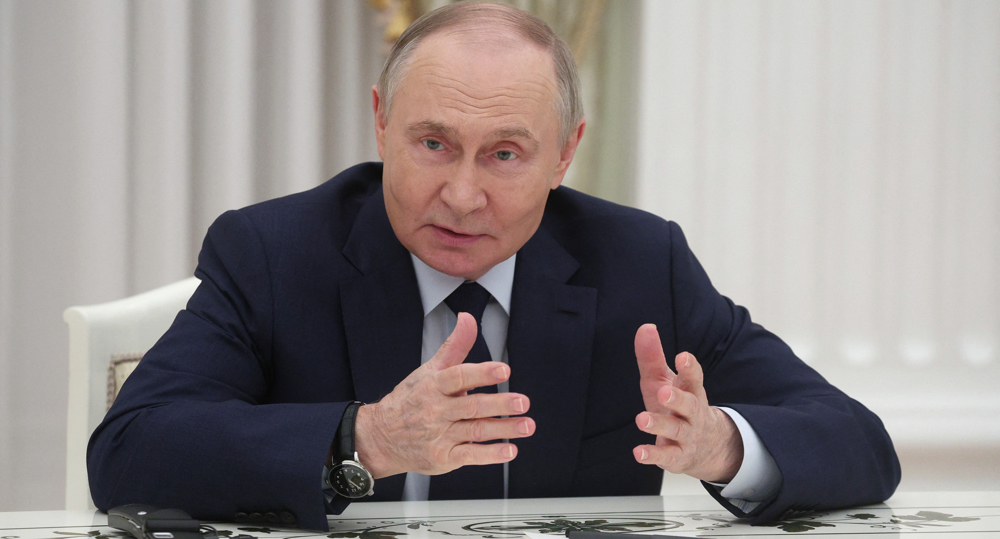
Russia's President Putin ratifies bill for strategic partnership with Iran
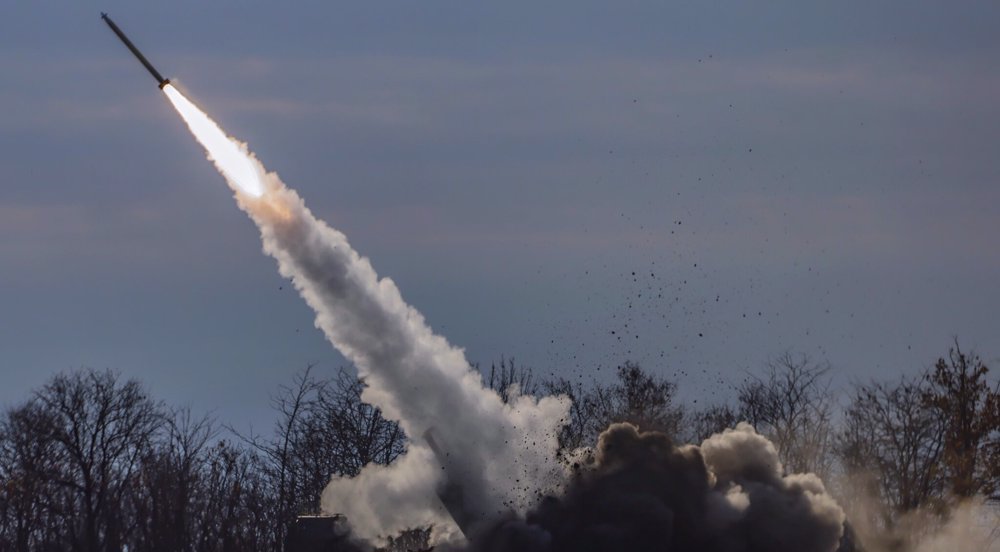
Russia: Ukraine violated Easter ceasefire using US-made weapons
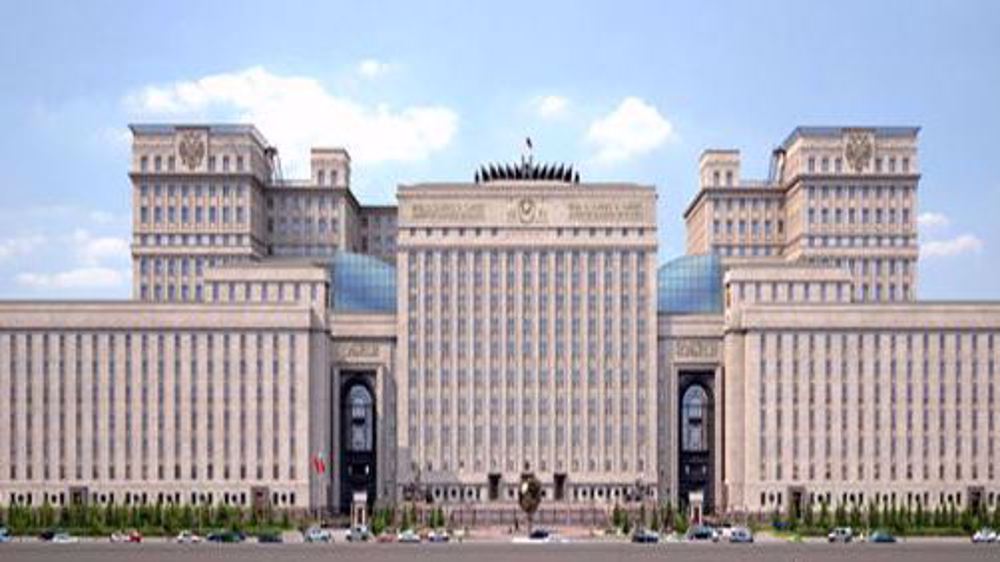
Russia says Ukraine violated Easter ceasefire over 1000 times
VIDEO | Heavy equipment needed to clear rubble destroyed in Israeli strike
Hamas urges global strikes, sit-ins to end Israel’s genocide in Gaza
VIDEO | South Koreans push back on Trump tariffs
UNRWA: Gaza ‘land of desperation’ after 50 days of total Israeli siege
VIDEO | Israel massacres 11 Palestinians in Khan Yunis
IRGC a thorn in the side of enemies; no power dares to threaten Iran: Analyst
Lies unraveled: Ex‑minister says Israel faked Gaza tunnel image to stall truce deal
China says expects ‘in-depth’ talks during Iran foreign minister’s visit


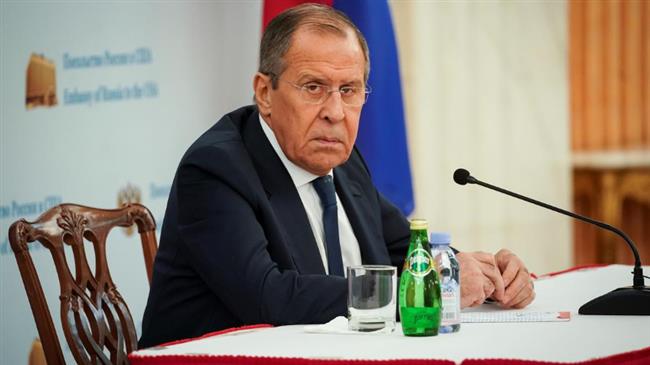




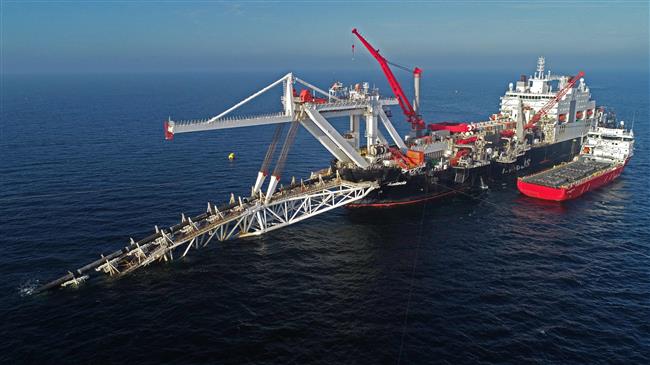
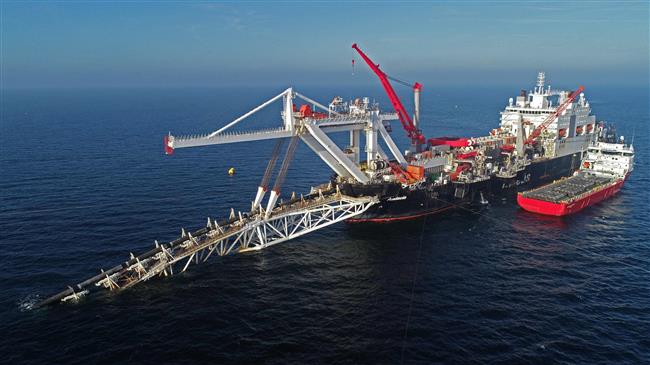
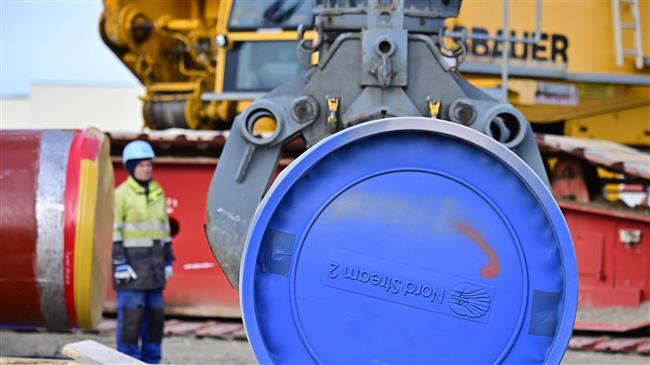

 This makes it easy to access the Press TV website
This makes it easy to access the Press TV website